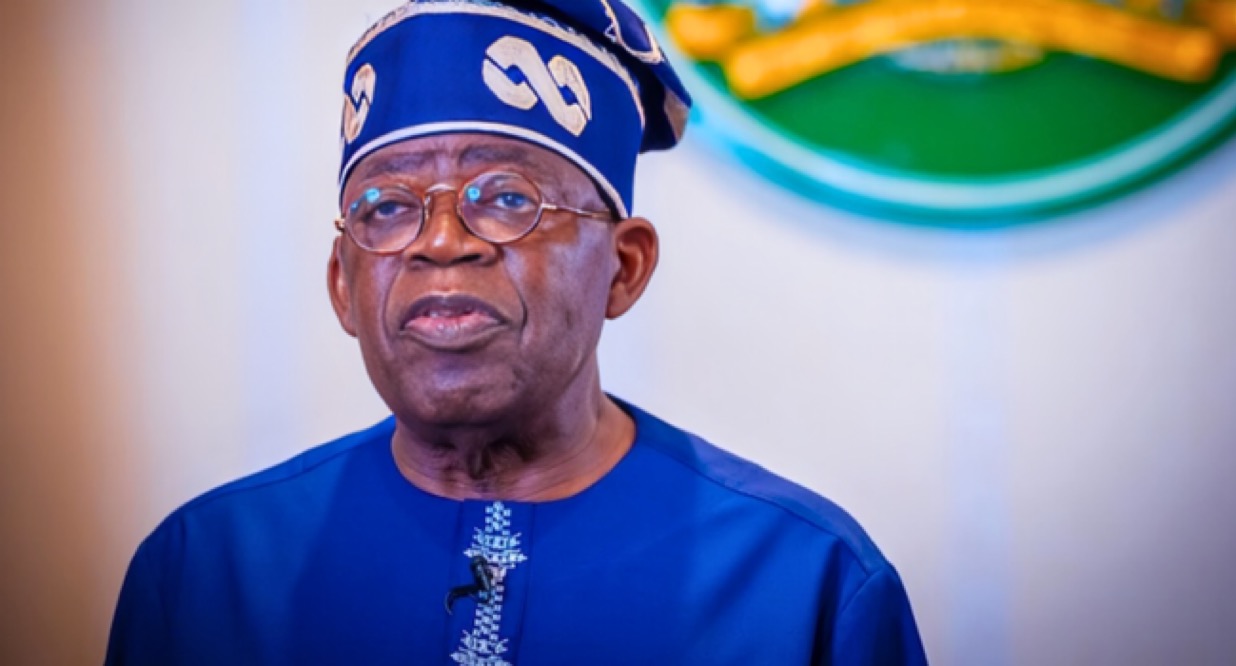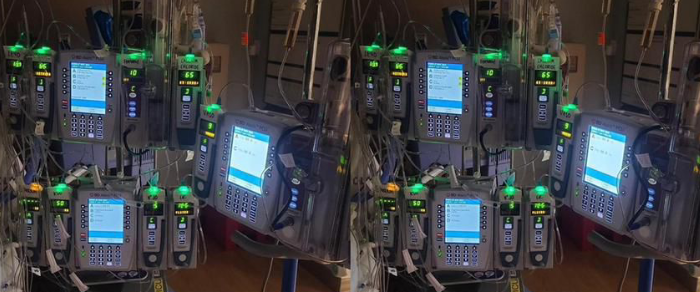
TINUBU BREAKS SILENCE ON FRESH PLATEAU K!LL!NGS, VOWS PEACE WILL RETURN “NO MATTER WHAT IT TAKES”

Nigeria woke up to a sombre wave of reactions on Sunday as President Bola Ahmed Tinubu finally addressed the latest string of k!ll!ngs that have plunged Plateau State into mourning once again. In a statement that carried both urgency and empathy, the President expressed deep sadness over the tragic loss of lives, assuring residents that the Federal Government is fully committed to restoring peace, stabilizing affected communities, and ensuring that such acts of violence do not become a permanent scar on the nation’s conscience. The renewed attacks, which occurred in parts of Mangu and Bokkos, have reignited concerns about insecurity across the Middle Belt, pushing the President to speak with stern resolve as he condemned the perpetrators and mourned the victims. His message was clear: those behind the violence will be pursued, apprehended, and prosecuted, and Plateau people will not be abandoned in their moment of pain.
Eyewitness accounts from residents describe a night filled with fear, gunshots, and frantic attempts to flee as attackers invaded multiple communities. Homes were set ablaze, families separated, and the once-peaceful rural settlements turned into zones of chaos and despair. Local leaders and humanitarian workers say the rising number of displaced persons signals a humanitarian crisis that needs immediate attention. It was against this backdrop that President Tinubu’s voice cut through the tension, reaffirming his administration’s commitment to justice and lasting peace. His statement emphasized that no grievance, conflict, or historical tension justifies the shedding of innocent blood, insisting that Nigeria cannot continue to let violence define the Plateau narrative.
As reactions poured in from citizens and politicians alike, many expressed relief that the President addressed the matter swiftly, breaking what some critics had earlier referred to as “dangerous silence.” Tinubu’s tone, however, showed a leader grappling not only with national security but also with the emotional toll these recurring tragedies inflict on families. He described the attacks as “heartbreaking” and “unacceptable,” noting that the lives lost are not just numbers but fellow Nigerians whose dreams and contributions were cut short. His appeal to Plateau residents to remain calm was matched with an assurance that security agencies have been given direct orders to reinforce their presence, conduct thorough investigations, and prevent further breakdown of law and order.
Security analysts have long warned that the Plateau conflict requires more than just military deployment. Rooted in a complex mix of land disputes, ethnic tensions, and bandit activity, the crisis has evolved over the years, making each flare-up more devastating than the last. President Tinubu seemed to acknowledge this complexity, hinting at a blend of short-term and long-term interventions. While immediate actions involve combing the affected forest areas, tracking the attackers, and improving intelligence collaboration among agencies, the long-term goal, according to insiders within the administration, is to revisit peace-building frameworks and community dialogue initiatives that were abandoned in past administrations. The President’s pledge to restore peace “no matter what it takes” is being interpreted by many as a sign that his government may be preparing for deeper structural reforms in conflict-prone regions.
On the ground, however, the grief remains raw. Videos circulating online show villagers wailing over burned homes and bodies being prepared for mass burial. Community leaders in Plateau say the latest incident has shattered the fragile sense of security residents were beginning to rebuild. Those who fled during previous attacks had only recently returned home, hoping to restart their lives, only for tragedy to strike again. For many, Tinubu’s promise offers a glimmer of hope, but they insist that action must follow swiftly. “We need more than condolences; we need genuine safety,” one resident said, adding that people in rural Plateau often feel forgotten until violence erupts again.
Civil society groups have also weighed in, urging the President to follow through with transparency and accountability. They argue that the cycle of violence persists partly because past attacks were not thoroughly investigated, leaving families without closure and creating an environment where perpetrators feel emboldened. In response, a senior government official hinted that Tinubu has demanded weekly security briefings specifically focused on the Plateau–Nasarawa axis, describing the region as one that “requires special and sustained attention.” This approach, according to security experts, could help prevent the pattern of sporadic intervention that often allows armed groups to regroup and strike again.
The President’s statement also appealed to political, traditional, and religious leaders to work closely with the government to promote unity and discourage retaliatory attacks. Tinubu reminded Nigerians that enemies of the nation thrive on division, and that peace cannot be built in an environment where suspicion and fear dominate inter-community relationships. He urged Plateau residents not to take the law into their own hands, assuring them that justice—though sometimes slow—will be served. His words echo a broader national struggle as various regions continue to experience security challenges, from kidnappings in the North-West to communal clashes in the South-South. But his message to Plateau was uniquely personal, reflecting the gravity of a crisis that has persisted for nearly two decades.
International bodies monitoring Nigeria’s internal security have also expressed concern, calling for government accountability and proactive measures. With global attention on how African governments address internal conflicts, Tinubu’s response will likely be scrutinized in upcoming international security dialogues. Diplomats say the Nigerian government must demonstrate not only firmness but also compassion, ensuring victims receive support while rebuilding mechanisms are put in place. The President, aware of these expectations, pledged relief materials, medical assistance, and rehabilitation plans for displaced families. He emphasized that government interventions will go beyond emergency relief, focusing on rebuilding destroyed homes and ensuring survivors can return with confidence.
For now, Plateau remains on high alert. Security personnel, including soldiers, police officers, and local vigilantes, have intensified patrols, while state officials coordinate with federal authorities to assess the full extent of the damage. The state governor, who has been updating residents on the situation, welcomed the President’s swift reaction and assured the public that both state and federal governments are moving in sync to contain the crisis. The governor emphasized that the people of Plateau have endured enough trauma and deserve lasting peace, not temporary calm.
President Tinubu’s message ends with a promise that resonates deeply with Nigerians: peace will return, justice will prevail, and the Plateau will rise again. But whether this tragedy becomes a turning point or just another entry in a long list of violent episodes depends largely on the actions taken in the coming days. For many grieving families, hope now rests on the belief that the President’s words will translate into decisive measures that stop the bloodshed once and for all.


